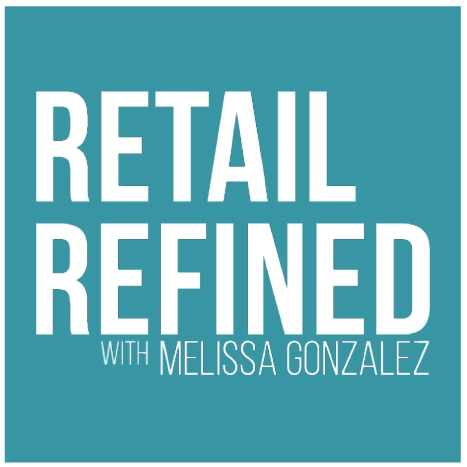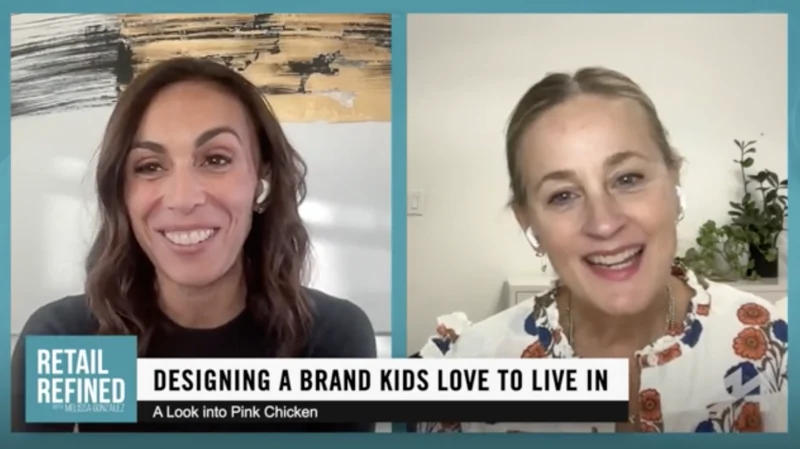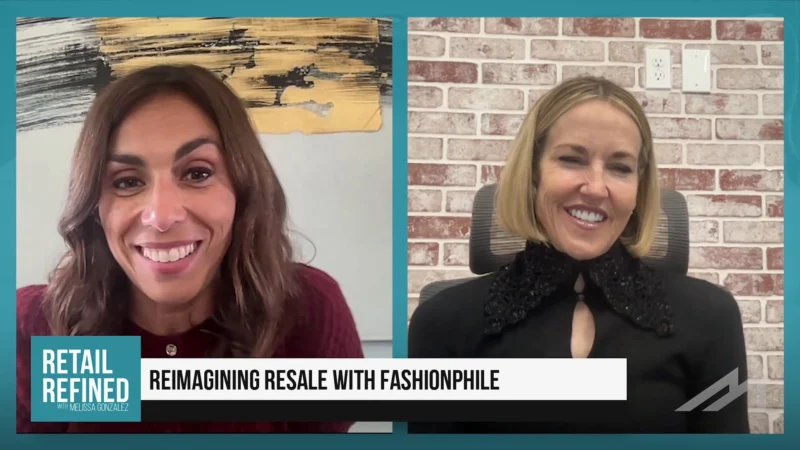Platform Unification Is More Important Than Ever for Retailers
Successful retail requires flexibility. Recently, omnichannel was groundbreaking, but Retail Dive now reports it as a consumer baseline expectation. Let’s say a consumer is shopping on their mobile device. They transfer to their laptop to complete the transaction only to find an empty cart. These disconnections create enough friction for shoppers to jump and abandon ship. Platform unification is more important than ever. Enter: Fabric.
Fabric is a headless service. It ensures retailers’ connection between multiplatform is seamless and reduces friction. “I’ve spent the last two decades plus in commerce,” said Fabric CEO Faisal Masud. Masud worked at giant retailers Amazon, Google, and Staples. He said, “Fabric was found out of an exercise we ran at Staples using a monolithic platform.”
Headless separates the front end from the back end. Major retailers want to influence the front end, not be restricted by templates that force them into a box and tell them what to do. Fabric enables that customization.
What sets Fabric apart from other headless services is “it’s a very democratizing process for folks looking to re-platform,” said Masud. The approach encourages clients to focus on their problem areas and address them individually. The updates are more immediate than a platform overhaul, which takes time and is often already obsolete when it launches.
“We’re the anti-re-platforming company. Tell us what problem you’re trying to solve, and we’ll try to solve it without a total re-platform… We try to sell modules where they’re most relevant. We encourage our customers to take a more iterative approach. Because then they can see the results as they make the changes, versus building a new platform that’s already obsolete by the time they go live,” said Masud.
Yahoo Finance reported that many retailers are investing in long-term omnichannel solutions after significant changes in consumer habits. “We encourage our customers to think of the thorniest problem to solve and bring in partners to resolve those challenges,” said Masud. To learn more about the modular and composable service, visit Fabric via fabric.inc.




